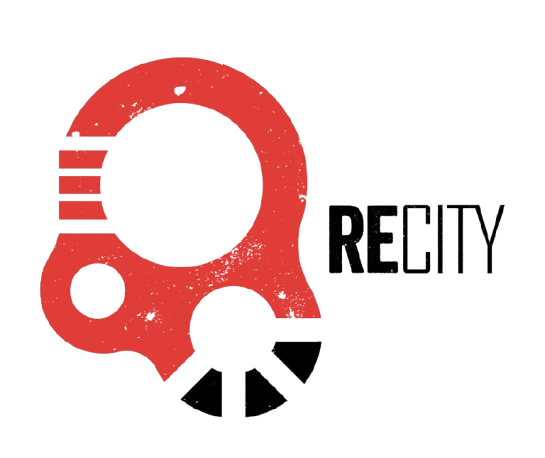ReCITY Summer School 2026
Shaping Sustainable Futures:
Post-Industrial Transformations in Armenia’s Small Cities
Dates & Venue
Mon 06 – Sun 12 July, 2026 | full-time | Stepanavan, Armenia
Accommodation, meals, and transportation inside Armenia are provided at no cost to selected participants.
Concept & Rationale
The ReCITY Summer School provides an interdisciplinary and international platform to critically explore the challenges and opportunities of Armenia’s post-industrial small cities. Rooted in the ReCITY project’s case cities Stepanavan, Sisian, and Charentsavan, the program applies innovative approaches to explore urban heritage, sustainability, and inclusivity. Guided by the cross-cutting principles of circular economy and gender-sensitive urban planning, the ReCITY Summer School combines theoretical reflection, methodological training, and future-oriented thinking, enabling participants to conduct context-sensitive urban research. Participants will contribute to developing practical solutions that support sustainable urban transformations in post-industrial small cities.
Who can get involved?
The ReCITY Summer School provides an interdisciplinary and international platform to critically explore the challenges and opportunities of Armenia’s post-industrial small cities. Rooted in the ReCITY project’s case cities Stepanavan, Sisian, and Charentsavan, the program applies innovative approaches to explore urban heritage, sustainability, and inclusivity. Guided by the cross-cutting principles of circular economy and gender-sensitive urban planning, the ReCITY Summer School combines theoretical reflection, methodological training, and future-oriented thinking, enabling participants to conduct context-sensitive urban research. Participants will contribute to developing practical solutions that support sustainable urban transformations in post-industrial small cities.
Who can get involved?
- Advanced Bachelor students (minimum 3rd year), Master students, and PhD students from sociology, geography, architecture, urban planning, environmental studies, IT, and journalism.
- Young professionals and community leaders engaged in urban development, particularly those working in and/or coming from Stepanavan, Sisian, and Charentsavan.
- The working language of the summer school is English. Applicants are expecting to be fluent in English.
- A limited number of places will be allocated to international Master students.
Teaching & Learning Framework
Studio workshops
Design and futures-thinking sessions
Participant-led research projects
Guided field work and urban walks in Stepanavan
Pop-up exhibition and showcases
Public lectures, cinema screenings, & intercultural social program
Learning Objectives
- Conceptual Frameworks
- Engage with a universal interpretive triangle of urban life: people, places, and genius loci (the spirit of place).
- Critically reflect on urban heritage, socio-spatial inequalities, inclusivity, and power relations in post-industrial contexts.
- Adapt and apply frameworks from circular economy models and gender-sensitive planning to reimagine sustainable urban transformations.
2. Methodological Competences and Skills
- Experience qualitative and participatory methods.
- Practice oral history and ethnographic methods in small-scale fieldwork.
- Explore visual and creative documentation and communication, for example, photography, video, and storytelling.
- Engage in reflexive research practices.
3. Future Orientation / Co-Creative Design
- Develop different scenarios for the adaptive reuse of post-industrial spaces.
- Generate creative outputs to be presented to the broader public.
Learning Outcomes
Upon completion of the program, participants will be able to:
- Familiarize themselves with and critically reflect on conceptual frameworks for analyzing post-industrial urban dynamics.
- Experiment with different methods, especially in combination.
- Develop future-oriented concepts that connect heritage, sustainability, and inclusivity.
- Translate their research insights into creative outputs, including maps, policy briefs, or short documentaries.
- Apply their skills in interdisciplinary teamwork, peer feedback, and public communication.
!
